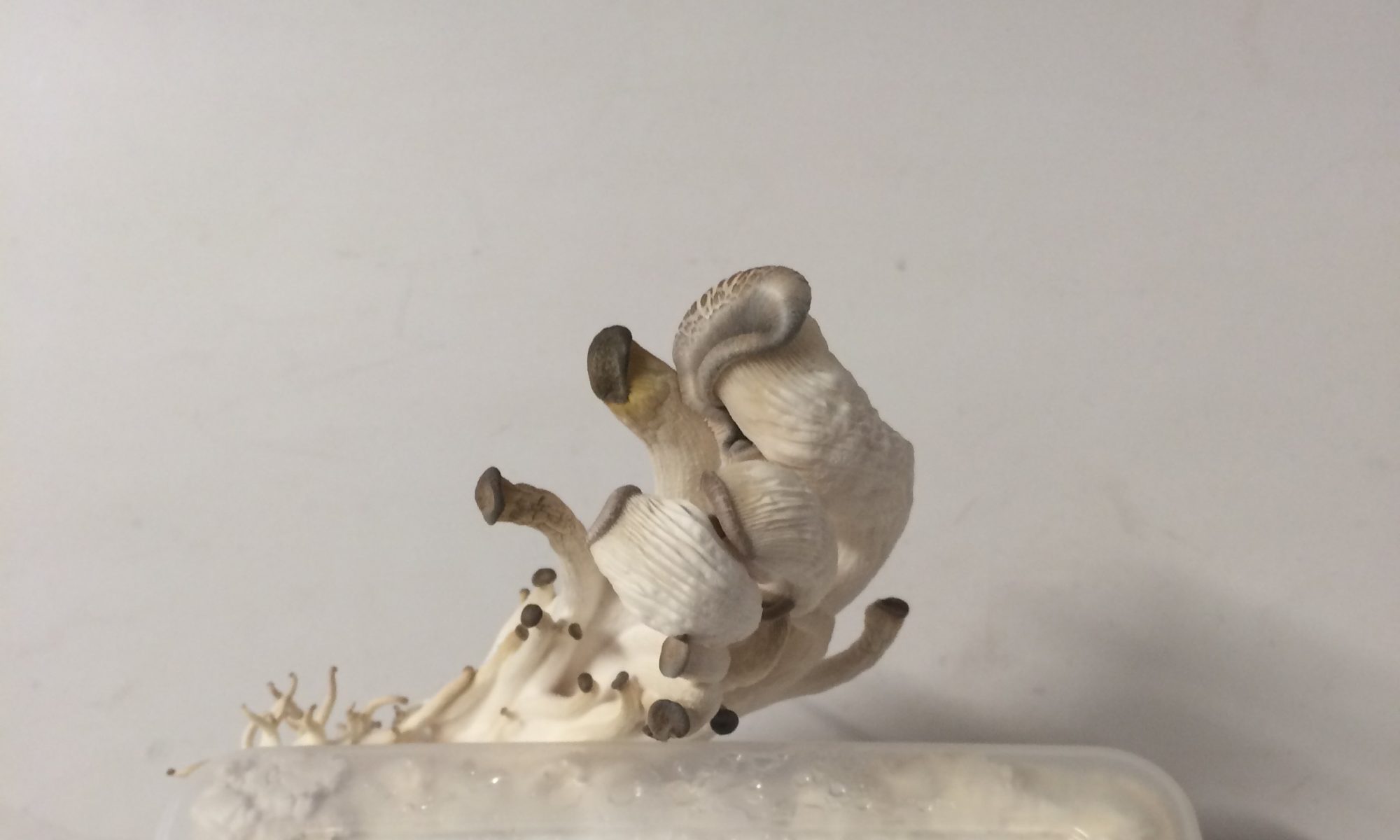Beginning in February, when anonymous calls for a Chinese “jasmine revolution” began circulating on the Internet, the Chinese characters for jasmine have been intermittently blocked in cellphone text messages while videos of President Hu Jintao singing “Mo Li Hua,” a Qing dynasty paean to the flower, have been plucked from the Web. Local officials, fearful of the flower’s destabilizing potency, canceled this summer’s China International Jasmine Cultural Festival in south China, said Wu Guangyan, manager of the Guangxi Jasmine Development and Investment Company.
Even if Chinese cities have been free from any whiff of revolutionary turmoil, the war on jasmine has not been without casualties, most notably the ever-expanding list of democracy advocates, bloggers and other would-be troublemakers who have been preemptively detained by public security agents, among them the artist provocateur Ai Weiwei, who remains in police custody after being seized at Beijing’s international airport last month.
Less well known are the tribulations endured by the tawny-skinned men and women who grow ornamental jasmine here in Daxing, a district on the rural fringe of the capital. They say prices have collapsed since March, when the police issued an open-ended jasmine ban at a number of retail and wholesale flower markets around Beijing.
